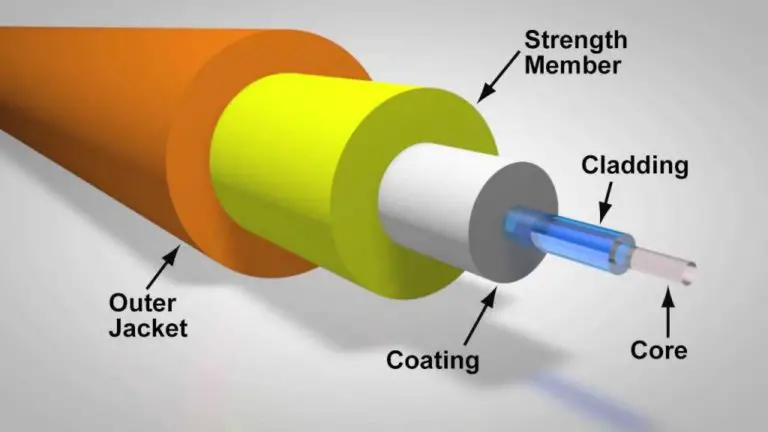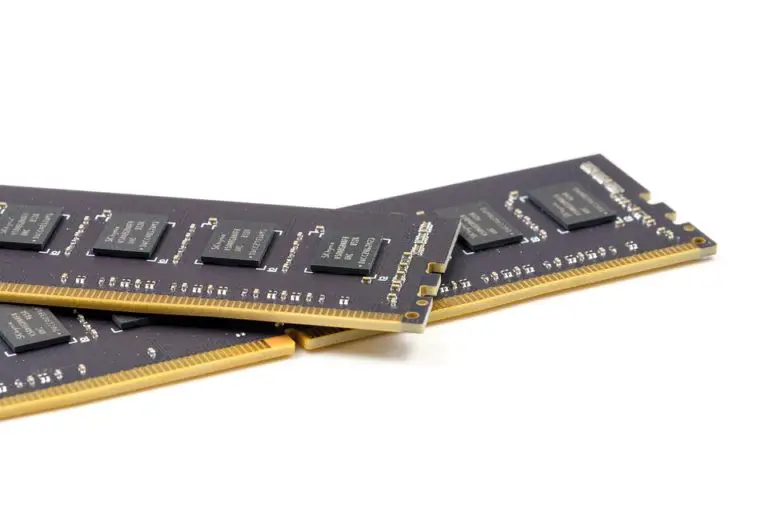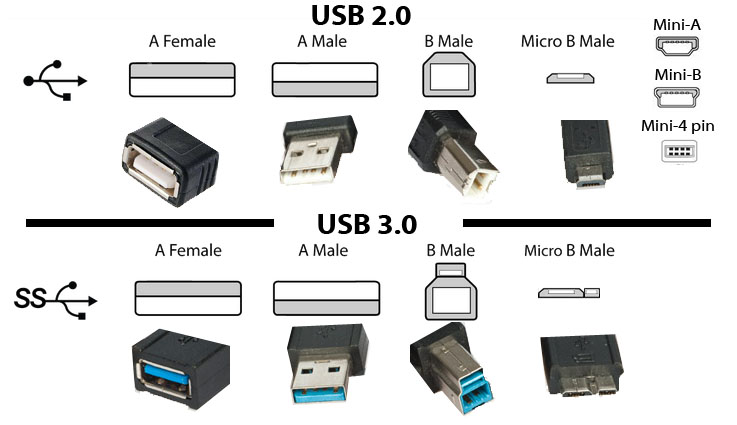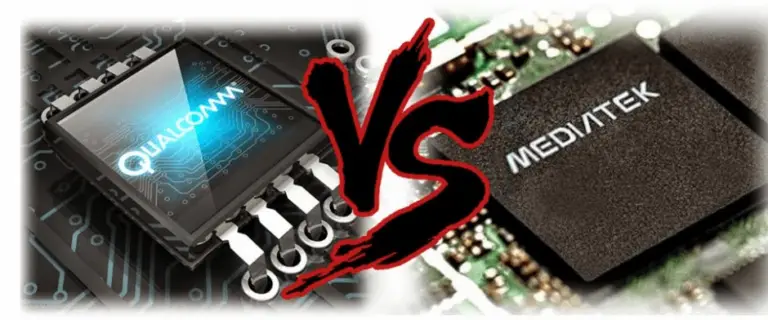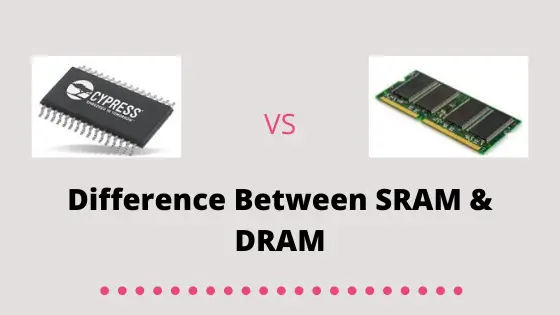What Happens When CPU Overheats?
Excess heat is not very good for your computer. Very high temperatures will cause some irreversible damage to your computer’s electrical circuits and fire. It is unfortunate that the electrical circuits produce heat naturally in the operation. Because of this risk of irreparable damage, virtually all the computer cases are made to maximize proper airflow with the spaces for fans to pull fresh and cold air in and take out heat.
Suppose your CPU overheats or when playing games you hear any beep sound, which tells you your CPU is overheating. It can be a serious or temporary problem that depends on the symptoms and design. In this post, we are going to focus on just one thing and it is, what happens when the CPU overheats or symptoms when your CPU overheats.

Why Does CPU Overheating Take Place?
Overheating may happen for many different reasons. It’s possible that certain components might be defective. It is the misbehaving hardware driver. However, it is likely your air cooling is not working rightly.
Dust will build up in the computer case, it is possible your fan might be turned off and not working, something might be blocking the computer’s vents, or using the compact laptop, which hasn’t been rated for maximum performance for a long time.
Various Signs of CPU Overheating
- CPU boots up and automatically shut down after a short period.
- The reported CPU frequency is not much expected.
- Evidence of PC throttling.
- The slowness of the system.
- CPU fan noise is very excessive.
Is There Any Way to Check Out Computer Overheating?
You can immediately check the overheating computer. There’re lots of free tools, which have got overheating protection features. This helps users to know when the computer overheats.
Overheat
The CPUs with fans not working or dead can overheat. Computers generally have got built-in safe shield to shut down and slow down your CPU when this gets very hot that will prevent this from breaking. But, if your computer’s safeguards fail and do not kick in quick enough then the CPU will get above the maximum operating temperature & burn out. Your CPU will get very hot that it can ignite, destroying beyond repair. The fried CPU will take down your motherboard and various connected components when it goes. Your CPU can break down if the computer is used continually with the dead CPU fan.
Random Shutdowns & Restarts
When there is extreme overheating, the modern CPUs are made to shut down automatically. Generally, a minimum temperature that the CPU should reach before this gets to a point of the automatic shutdown is very high, around 90 degrees Celsius and more.
Suppose your computer seems to shut off down while you open some applications, this will signify an issue with the heat in the computer case. Suppose your computer gets to a point where it is turning off on its own, you must immediately stop using your machine and begin troubleshooting tasks. Each time your company reaches higher temperatures, the possibility of this incurring long damage increases.
When Fan is Not Working
Suppose your CPU fan fails, then shut off your computer right away which will prevent the hardware damage. Running the normal shut down will not be quick enough: in such an instance it will be good to shut down by holding your power button and pulling its plug. Though hard shutdowns will run this risk of damaging your data, however leaving your system on for a little longer through normal methods can run the higher risk of your computer destroying.
How Your CPU Cools Down Itself?
Almost all your computer components produce heat in daily usage, and it’s quite natural. As with help of electricity, they do their task, and for this reason, heat gets generated in CPU, PSU, graphics cards, memory, PCB, and other internal components. For this reason, the cabinet and motherboard are made in a way that the heat will move out. Suppose you find a gaming PC, you can see that there are various cooling vents and airflow vents all over the cabinet.
Better airflow generally helps your inner components to stay cool when playing games or managing Thermal throttling or CPU throttling troubles.
Why Does CPU Overheating Occur?
Heating is the normal behaviour for any electronic gadget, however, overheating is not. This may happen for various reasons. Suppose there is any bug like a heavy application that is running background & uses your CPU, it can be one of the reasons. Certain hardware-related issues might create similar overheating trouble, as maybe CPU fan port isn’t properly connected and for this reason, an air cooler isn’t working or CPU overheating, even fan itself gets defective and isn’t moving. Your CPU heatsink and cabinet air vent will be covered with dust bunnies, and for this reason, hot air is not able to pass through this, and your CPU overheats.
In the case of the compact laptop, there’s a thin layer of the cooling heatsink pipe, which comes out from your CPU, thus if we do not place it rightly, air circulation isn’t possible, and your CPU overheats.
Final Words
When the CPU overheats you may experience thermal throttling, stability issues, and there’s also a chance for your PC to get lit. And the last one can be quite rare, thus you must not at all worry much about this, particularly if you keep the computer dust-free.

